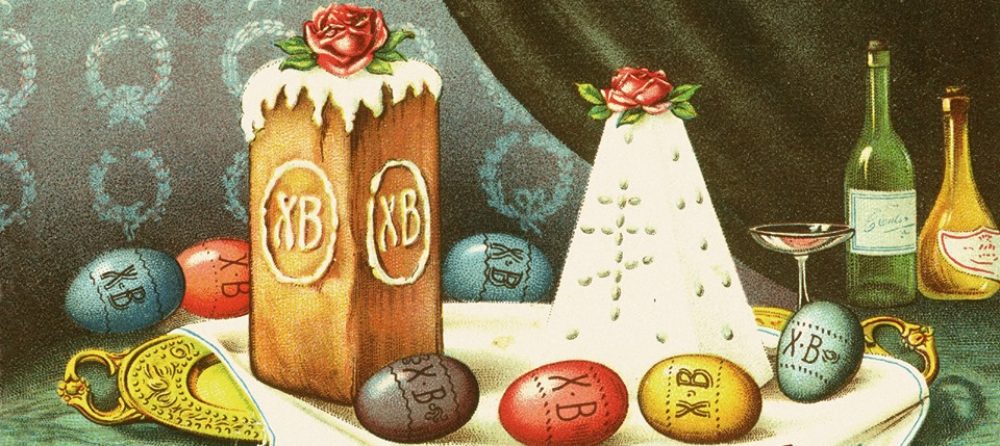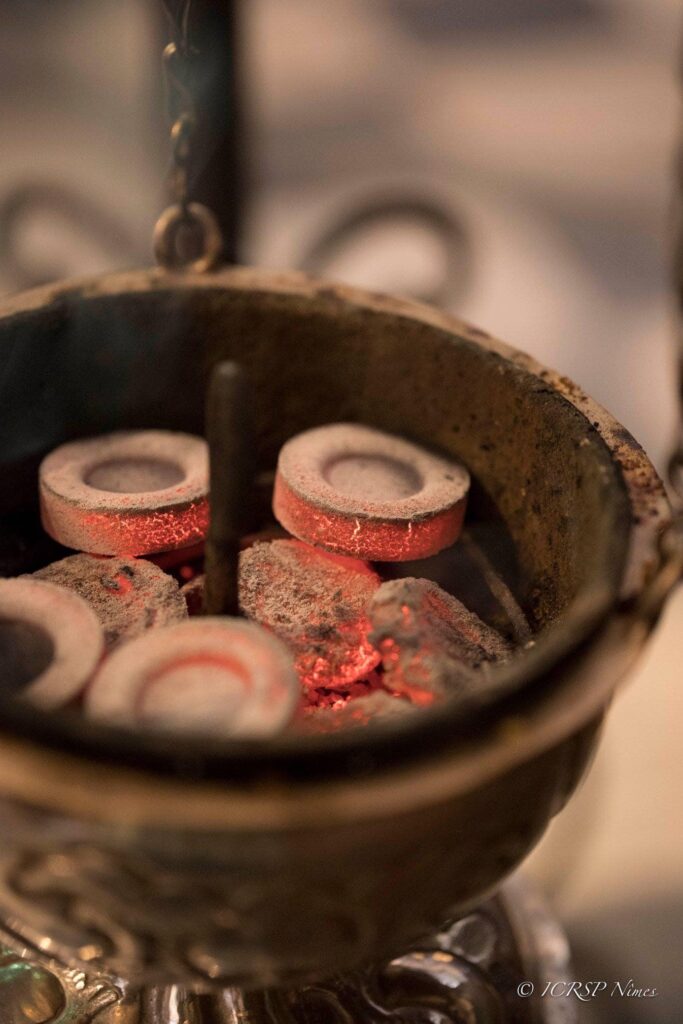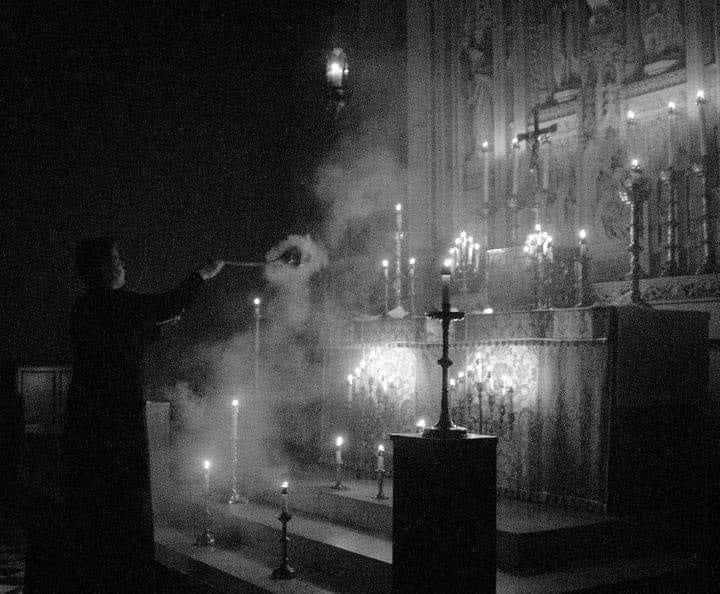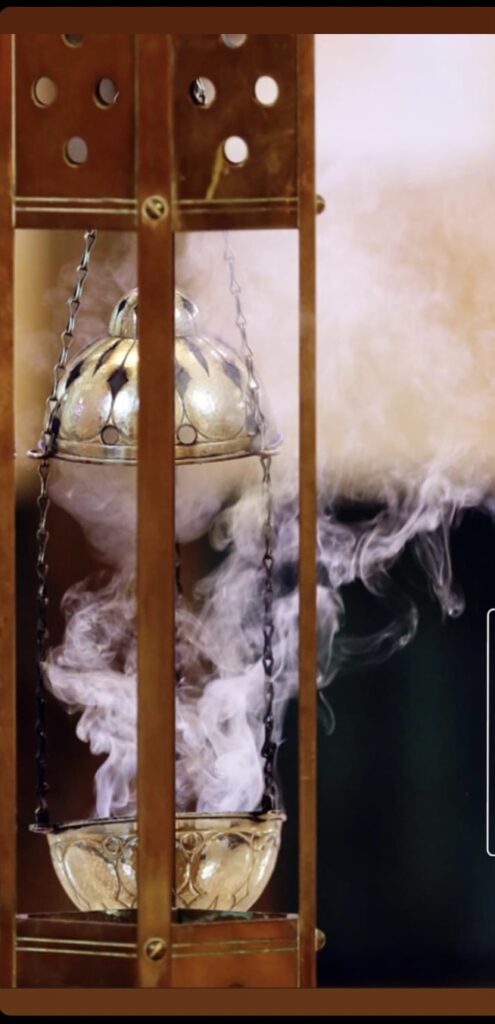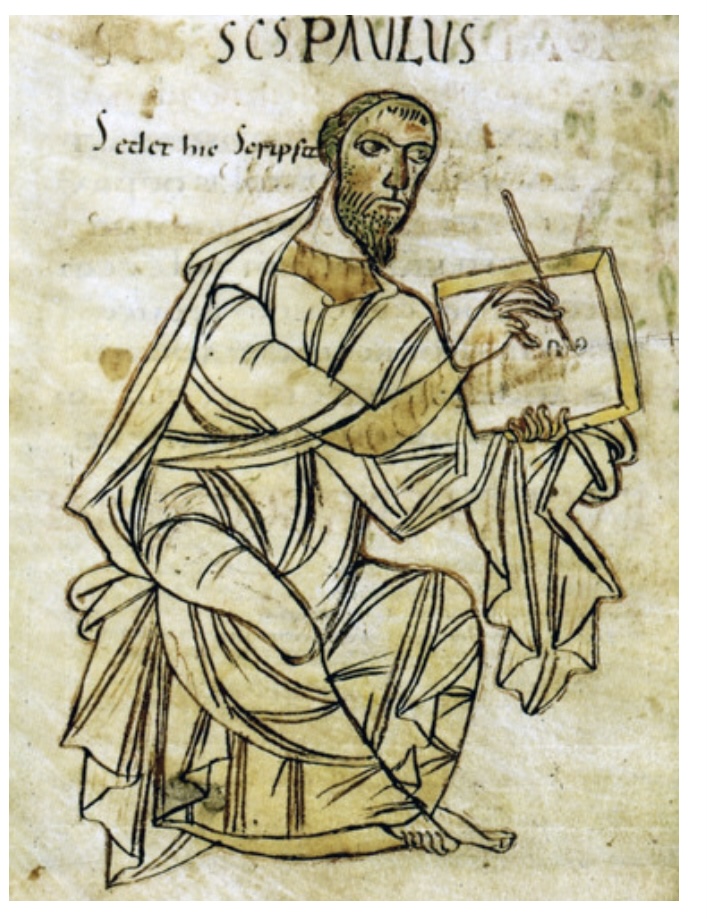
Do we need a letter of recommendation, as some do, to you or from you? You are our letter, written on our hearts, known and read by all, because you show that you are a letter of Christ, ministered by us, written not with ink but with the Spirit of the living God, not on stone tablets but on tablets that are hearts of flesh. (2 Cor. 3:1-3)
Itinerant preachers needed a letter of recommendation. Wandering prophets who stayed in one place for more than three days were to be rejected. Secular businessmen needed letters of recommendation, as many still do today. St. Paul tells the Corinthian parish that THEY are his letter of recommendation, if anyone needs to know who he is or what he stands for.
Their recommendation is written on his heart, in the very core of his existence. (And in the heart of St. Timothy, his co-worker.) Anyone who knows St. Paul’s heart–anyone who knows him personally–will read the recommendation from the Corinthian church written in his deepest being. St. Paul worked and ministered among the Corinthians and, in return, they wrote him a letter of recommendation.
Evidence of salvation is an epistle itself. The salvation of the Corinthians was in Paul’s heart and in the hearts of those who were with him, for he was always thinking about it….
The things that are promised are eternal and are therefore said to be written with the Spirit of God, unlike temporal things written in ink which fades and loses its power to record anything.
Ambrosiaster, Commentary on Paul’s Epistles (late 4th century)
The letter they wrote was not in ink but “with the Spirit of the living God.” (This is the only place this phrase appears in the Bible.) The spiritual letter they wrote was on St. Paul’s heart, not a tablet of stone–an allusion to the Ten Commandments written on stone by God at Mt. Sinai.
When someone wishes to paint a picture, they first make a sketch with the faint marks of a pencil and outline the proposed figure and insert marks to indicate features to be added later … this preliminary drawing with its faint outline makes the canvas ready to receive the true colors. So it will be with us, if only that faint form and outline is inscribed “on the tablets of our heart” by the pencil of our Lord Jesus Christ …. It is clear, then, that to those who have now in this life a kind of outline of truth and knowledge there shall be added in the future the beauty of the perfect image.
Origen, On First Principles 2.11.4 (second century)
Every priest needs a letter of recommendation if they go to a new diocese. Every bishop needs a letter of recommendation of they go to a new province. The best and most true letter of recommendation that a priest or bishop can have is the parish or diocese they have been serving. The parish is the priest’s letter of recommendation, written on the priest’s heart for anyone to read. The parish–whether in 1st century Corinth or 21st century New York–is the best letter of recommendation a priest or preacher can hope for.
Ink and stone vs. spirit and heart. This contrast or opposition is central to everything that St. Paul ever writes about or says. He stands with Ezekiel and the other prophets who insist that the commandments written on stone are useless if they are not also written in someone’s heart, i.e. the core of a person’s existence.
